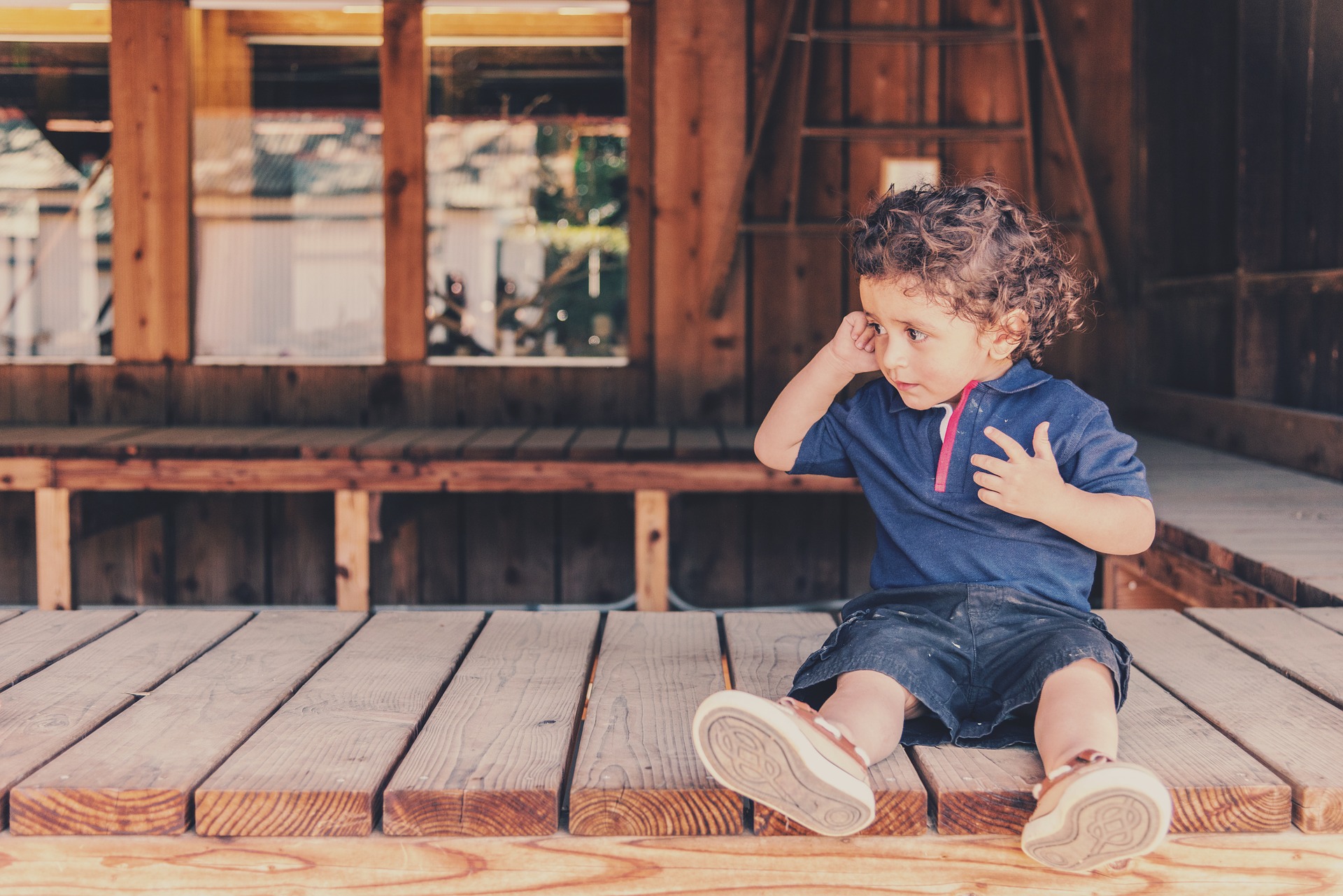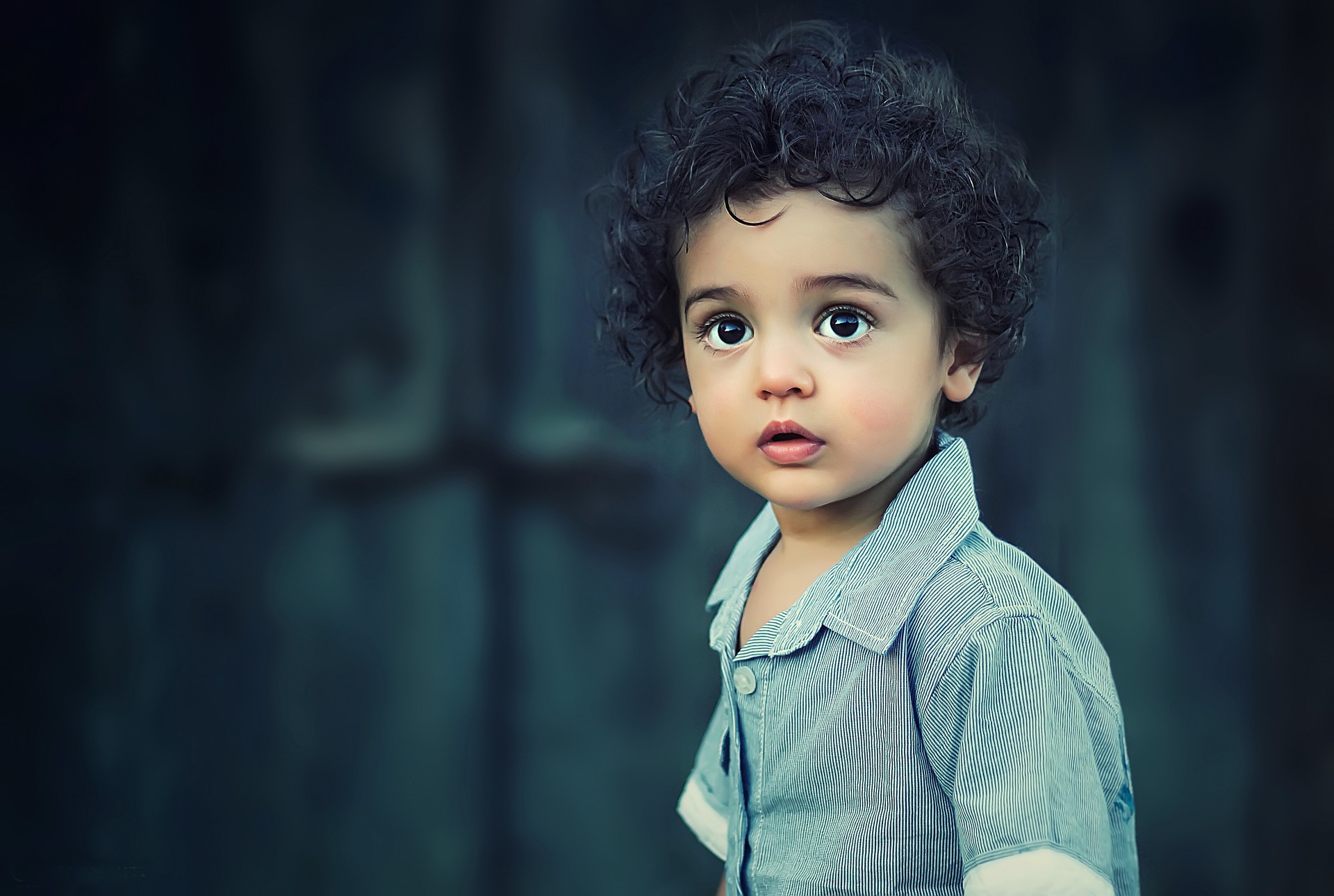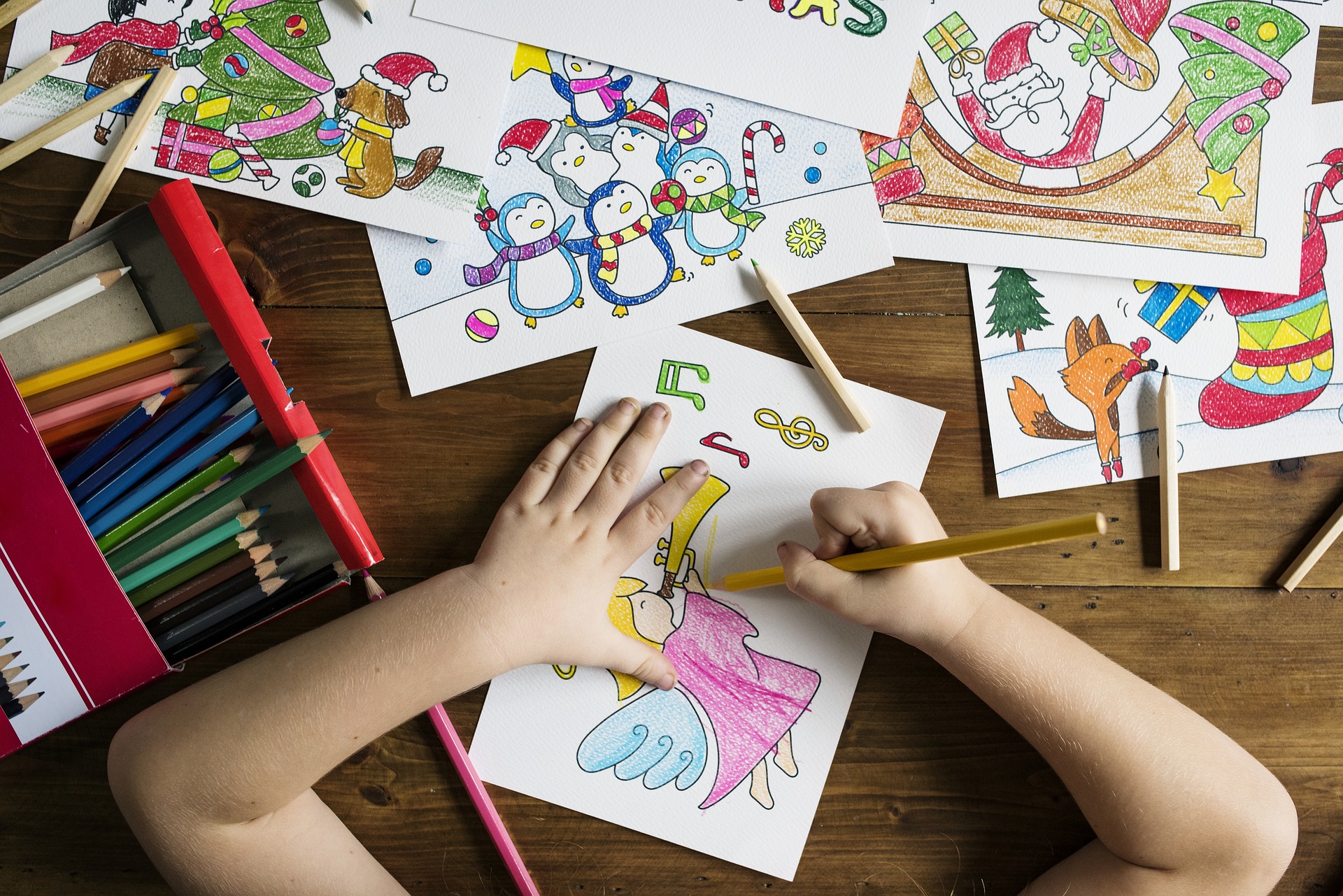Founded by Lola Karimova-Tillyaeva in 2004, the National Center for the Social Adaptation of Children (NCSAC) provides support, therapy, and treatment for children living with a variety of physical and developmental disabilities.
Among the conditions that NCSAC specialists work with are issues with speech and language development. From a parent’s perspective, it can be difficult to recognize whether or not a child is developing “normally” because different children reach key speech and language milestones at different ages and take different amounts of time to pass through particular developmental phases. The following guide can introduce parents and caregivers to the basics of speech and language development and help them recognize possible signs of delayed development.
What is the difference between speech and language?
Speech is the physical act of talking; in other words, it is verbal expression, or making and articulating the sounds that become words. Language, on the other hand, is an entire system of communication based on giving and receiving information. Language includes the use of words and gestures to express what we mean, and understanding what others convey to us.
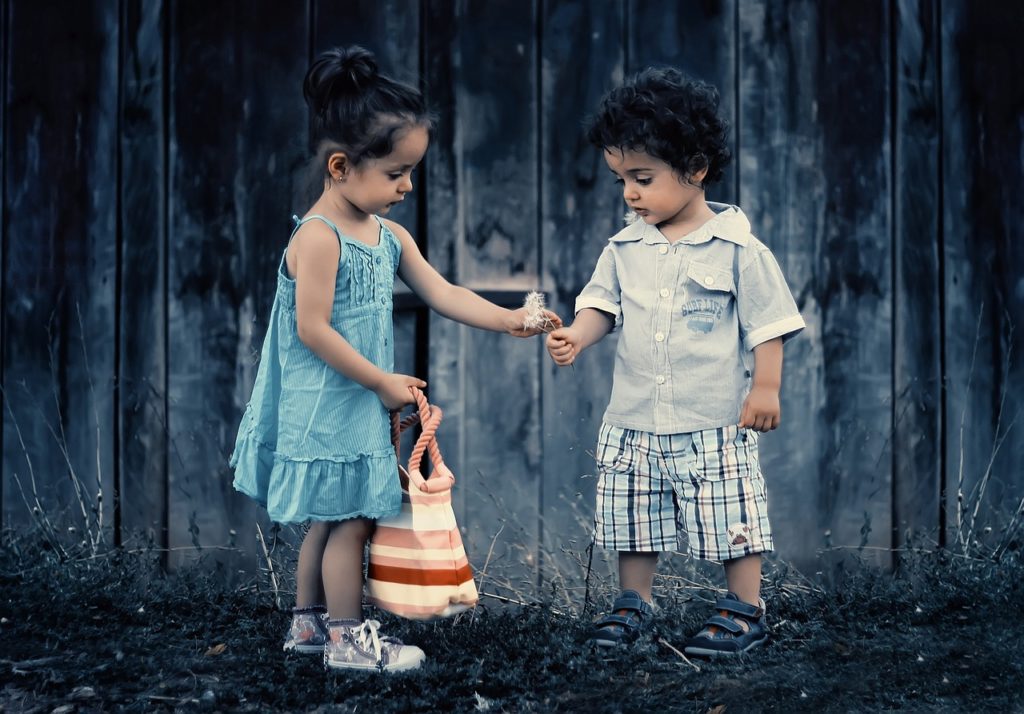
What is the difference between speech and language delays?
While speech problems and language problems do have a certain amount of overlap, they are still generally classified as two different issues. A child with a language delay might be physically able to make the correct sounds or to pronounce words well, but he or she might have trouble putting words together because he or she doesn’t fully understand what the words mean or how they’re being used. In the case of a speech delay, the problem is more with the pronunciation or articulation of words or phrases; that is, a child might be difficult to understand even though they’re using words correctly to express their ideas.
What are the main stages of speech and language development?
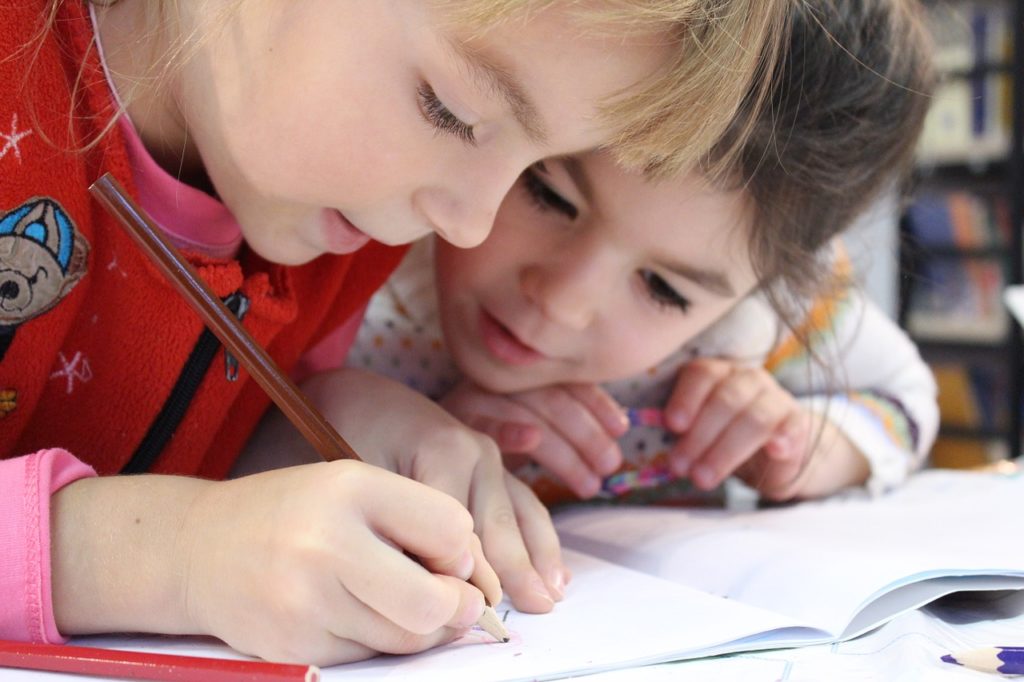
All children pass through the same stages as they develop speech and language skills, but the age at which these stages are reached, and the time spent in each stage, can vary significantly from child to child. However, speech and language experts tend to use the following milestones as benchmarks for “normal” development:
Before 12 months—Within the first year of life, babies learn to use their voices to interact with their environments. After the first few months, babies are usually able to recognize their parents’ voices and they can actively listen to language rhythms. During this time, they are also learning how to process the communication signals they receive and alter the sounds they make depending on their needs. The early stages of speech development manifest themselves through cooing or babbling, with most babies able to repeat sounds and/or string sounds together by around 9 months. By the time they are a year old, most babies are also starting to recognize the names of common objects, and they can identify each parent by name.
12 to 18 months—After the first birthday, a child’s speech and language foundation grows rapidly. Children in the 12- to 15-month range make a wide range of speech sounds in their babbling (typically different consonant sounds). In addition to mimicking sounds and words they hear, they are usually able to say several words (most often nouns, like “toy”). They should also be able to understand and follow simple, single-step directions, such as “Please give me the binky.”
18 to 24 months—Most children can say a couple dozen words by the time they are 18 months old, and at least 50 words by the time they reach 24 months. In addition, by around age 2, children are starting to combine two or more words to create simple sentences. In fact, many 2-year-olds talk a lot, although their words may be a mix of real words and made-up ones. They can also follow slightly more complex, two-step instructions.
2 to 3 years—A child’s speech typically undergoes huge gains during this period. By age 3, most children are learning new words very quickly and their vocabulary increases dramatically. They start to use the plural form and can speak in short, but complete, sentences. In addition, children around 3 years old start to be understood by others outside their immediate family or the caregivers they spend most time with.
What are some major signs of a delay in a child’s speech or language acquisition?
While it’s important to remember that children reach developmental milestones at different ages, it’s also important not to ignore potential signs of a speech or language delay. It can be a good idea to talk to a health professional if any of the following issues are present: no babbling by 9 months; no use of gestures like pointing or waving by 12 months; no first words by 15 months; no consistent use of words by 18 months; and no word combinations by 24 months. Other potential warning signs include a failure to respond normally, such as not replying when spoken to, or any sudden loss of speech or language skills.


